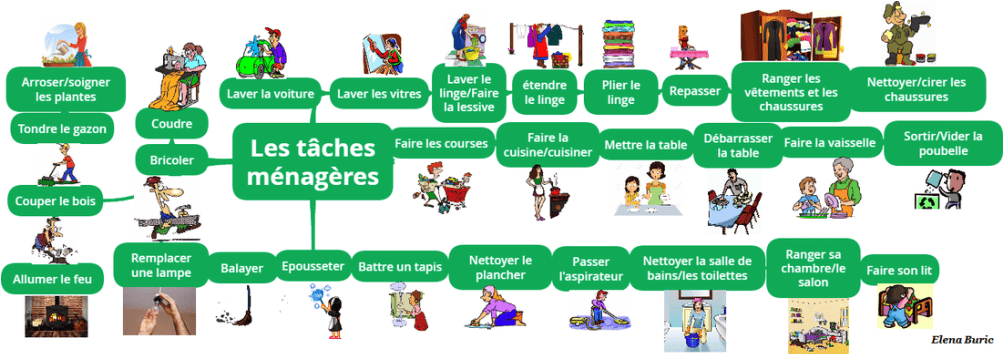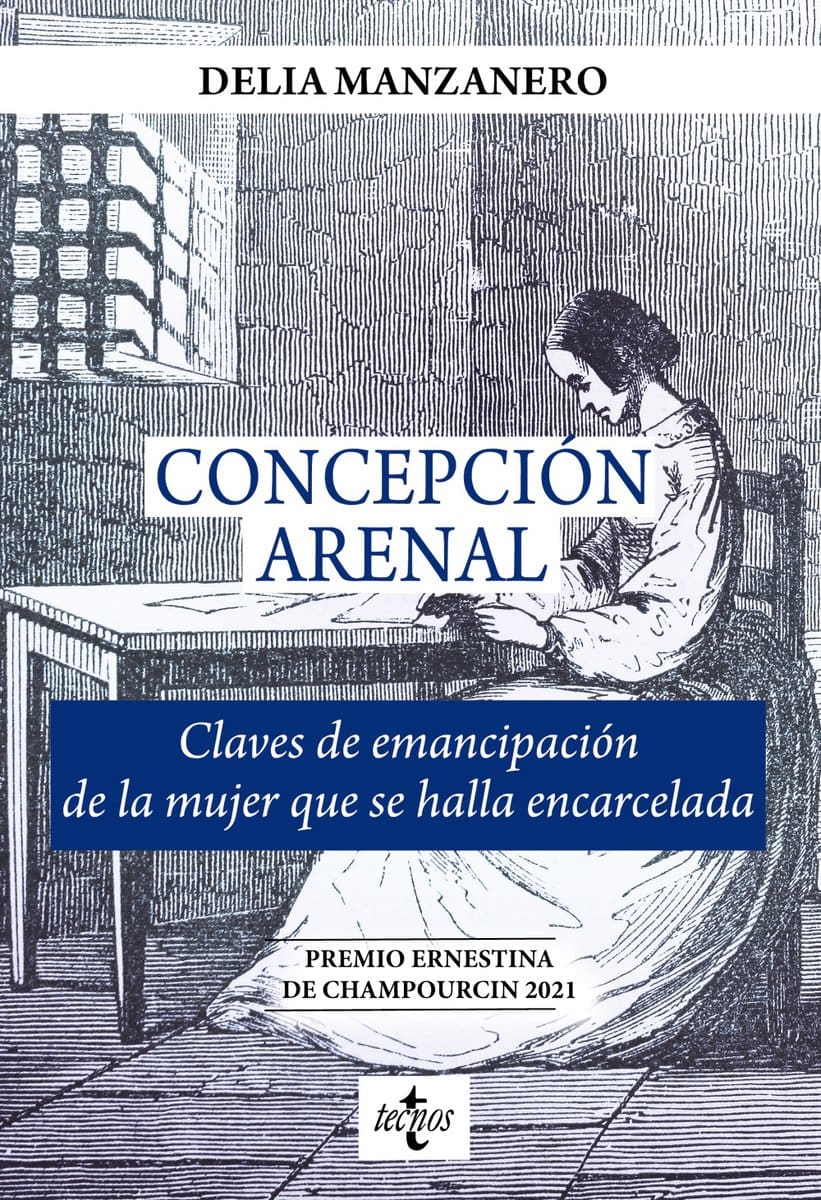
Greater Male Variability in Cooperation: Meta-Analytic Evidence for an Evolutionary Perspective
Christian Thöni1, Stefan Volk2, and Jose M. Cortina3
1Faculty of Law, Criminal Justice, and Public Administration, University of Lausanne; 2University of Sydney Business School, The University of Sydney; and 3Department of Management and Entrepreneurship, Virginia Commonwealth University
Abstract
Do men and women differ systematically in their cooperation behaviors? Researchers have long grappled with this question, and studies have returned equivocal results. We developed an evolutionary perspective according to which men are characterized by greater intrasex variability in cooperation as a result of sex-differentiated psychological adaptations. We tested our hypothesis in two meta-analyses. The first involved the raw data of 40 samples from 23 social-dilemma studies with 8,123 participants. Findings provided strong support for our perspective. Whereas we found that the two sexes do not differ in average cooperation levels, men are much more likely to behave either selfishly or altruistically, whereas women are more likely to be moderately cooperative. We confirmed our findings in a second meta-analytic study of 28 samples from 23 studies of organizational citizenship behavior with 13,985 participants. Our results highlight the importance of taking intrasex variability into consideration when studying sex differences in cooperation and suggest important future research directions.
Read the full article by clciking here
Résumé
Les hommes et les femmes diffèrent-ils systématiquement dans leurs comportements de coopération ? Les chercheurs se sont longtemps penchés sur cette question, et les études ont donné des résultats ambigus. Nous avons développé une perspective évolutive selon laquelle les hommes sont caractérisés par une plus grande variabilité intrasexe dans la coopération à la suite d’adaptations psychologiques différenciées selon le sexe. Nous avons testé notre hypothèse dans deux méta-analyses. La première portait sur les données brutes de 40 échantillons de 23 études de dilemme social avec 8 123 participants. Les constatations appuient fortement notre point de vue. Alors que nous avons constaté que les deux sexes ne diffèrent pas dans les niveaux moyens de coopération, les hommes sont beaucoup plus susceptibles de se comporter de manière égoïste ou altruiste, tandis que les femmes sont plus susceptibles d’être modérément coopératives. Nous avons confirmé nos résultats dans une deuxième étude méta-analytique de 28 échantillons de 23 études sur le comportement de citoyenneté organisationnelle avec 13985 participants. Nos résultats soulignent l’importance de prendre en compte la variabilité intrasexe lors de l’étude des différences entre les sexes dans la coopération et suggèrent d’importantes orientations de recherche futures.




